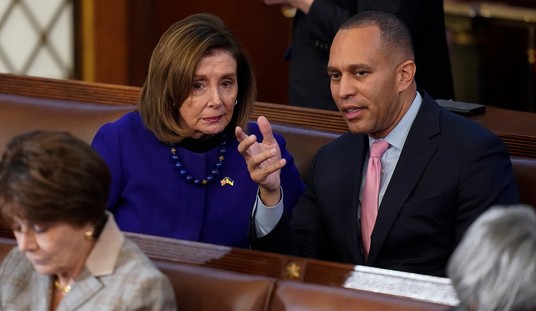The illegal immigration crisis has reached an all-time high, with millions of unvetted individuals crossing the border during the Biden administration. In conversations across the nation during American Tomorrow Project events, I’ve heard families’ concerns firsthand. Illegal immigration burdens American communities by increasing crime and depleting job opportunities for lawful residents. President Trump’s popular vote victory demonstrates how concerned Americans are about illegal immigration and its impact on the economy. While deportation should remain a central tool, Congress should consider a new approach to discourage illegal immigration further. A public services cost recovery tax on illegal immigrants would help pay for individual tax cuts, benefiting American taxpayers and encouraging self-deportation.
Next year, many aspects of the 2017 Tax Cuts and Jobs Act will be up for reauthorization or modification, likely through a major reconciliation package. Instead of forcing lawmakers to choose between tax cuts that help businesses grow and individual tax cuts that put more money in Americans’ pockets, Congress should implement a public services cost recovery tax on illegal immigrants present without work or student visa authorization. This revenue would offset the individual tax rate hikes set to take effect if the 2017 tax cuts aren’t reauthorized, benefiting lawful citizens and mitigating the deficit. Additionally, a public services tax could deter illegal immigrants from staying, with added penalties for tax evasion in cases of noncompliance. Given past Supreme Court rulings, this policy seems likely to pass constitutional review, particularly if the IRS is authorized to enforce collection.
The federal costs of illegal immigration are substantial and specific to a voluntary decision by the individual. Therefore, it’s justifiable for the government to seek cost recovery from this group. Estimates presented to the House Budget Committee show that illegal immigrants draw $42 billion annually in direct benefits and create a net fiscal drain of $68,000 over their lifetimes. These figures don’t include the additional costs to Immigration and Customs Enforcement, Customs and Border Patrol, the Department of Homeland Security, or other law enforcement. Current estimates put the illegal immigrant population at 11-16 million. Based on Treasury Inspector General for Tax Administration (TIGTA) reports, at least 5.8 million Individual Taxpayer Identification Numbers (ITINs) are currently active, often used by noncitizens to file with the IRS. Expanding the tax base with a flat $1,000 annual fee on all illegal immigrants could generate over a hundred billion dollars in revenue across a budget cycle. Coupled with taxes on the $28 billion in annual remittances by illegal immigrants, this policy would greatly enhance the outlook for funding individual tax cuts.
Recommended
Certainly, implementing a public services cost recovery tax will face scrutiny and legal challenges. However, current legal precedent suggests it could withstand review. For those not currently in compliance, owing years of unpaid taxes would create a major obstacle to any future path to citizenship. The Supreme Court has already provided guidance on similar measures. In U.S. v. La Franca, the Court clarified that taxes fund government functions, while penalties are punishments for illegal acts. This recovery tax is simply a cost offset for services used. Illegal immigrants choose to come to and remain in the U.S. voluntarily, incurring costs that wouldn’t exist otherwise.
The Supreme Court’s decision in NFIB v. Sebelius also points to this tax’s constitutionality. Unlike the individual mandate, a cost recovery tax would not provoke Commerce Clause issues, as immigration is recognized as a federal matter. The majority opinion held that Congress’s tax power, not penalties, allows the IRS to enforce compliance, a principle applicable here. This tax would not impose coercive financial consequences but simply require reimbursement for services used.
Critics may reference the conservative justices’ opinions in NFIB v. Sebelius regarding the penalty-tax distinction. However, this cost recovery tax doesn’t penalize illegal immigrants based on any “standard” of transgression but rather requires that they contribute to offsetting public service costs. Illegal immigrants already bear a different tax burden than American citizens; for example, they’re ineligible for Child Tax Credits under the 2017 TCJA. Therefore, it’s not a matter of whether illegal immigrants should contribute more but rather how much.
Illegal immigration and the economy remain top concerns for Americans. A mandatory public services tax on illegal immigrants would relieve taxpayers, incentivize voluntary compliance, and contribute to a fairer fiscal policy.

























Join the conversation as a VIP Member